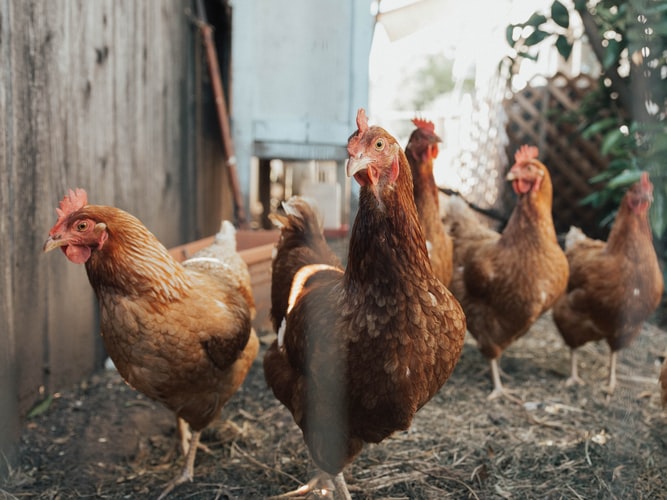At least four farms in the Western Cape have been infected with the avian influenza, the provincial government says, adding that approximately 134 000 birds have been culled or have died so far.
According to IOL, Western Cape MEC for Agriculture Ivan Meyer said the infected farms were situated near Worcester, Malmesbury and Hopefield.
“Two farms have been confirmed to have H5 highly pathogenic avian influenza (HPAI), though laboratory confirmation is still pending for the other two farms…
“The total number of birds that have been culled or have died from HPAI totals approximately 134 000. Western Cape Veterinary Services is in the process of investigating other suspected cases,” Meyer was quoted as saying.
A News24 report quoted Agriculture, Land Reform and Rural Development Department spokesperson Reggie Ngobo as saying all affected farms had been quarantined, with control measures being implemented.
Ngcobo said the genetic evaluation had confirmed that the outbreaks seemed to have been caused by non-identical avian flu strains.
Last week the provincial government urged the participation of the public and the agricultural sector in preventing the spread of this disease.
Safe for consumption
This followed earlier announcements of outbreaks of the highly pathogenic avian influenza in Gauteng and North West.
“It is essential to report sick or dead birds – both wild birds and poultry to your local state vet.
“Farmers and poultry producers should be vigilant in their biosecurity measures to prevent potential virus introduction from wild birds or their faeces,” Meyer said.
He assured consumers at the time that poultry products from grocery stores were safe for consumption, adding that there was currently no indication that this strain of avian influenza could affect humans.
Avian influenza is a viral respiratory disease of birds spread by direct contact between healthy and infected birds or through indirect contact with contaminated equipment or other materials.
No vaccine or treatment
The virus is present in the faeces of infected birds and discharges from their noses, mouth and eyes. Domestic birds can be infected through faecal contamination of the environment from wild birds or by indirect contact with infected poultry on other premises.
There is currently no vaccine or treatment for highly pathogenic avian influenza.
Current practice in most regions of the world requires the culling of infected birds.
“We do advise caution when handling or slaughtering potentially infected poultry. Poultry workers, abattoir workers, and those who dress their poultry should only handle dead bird carcasses with gloves or disinfect their hands after handling carcasses,” Meyer said.
Picture: Unsplash

